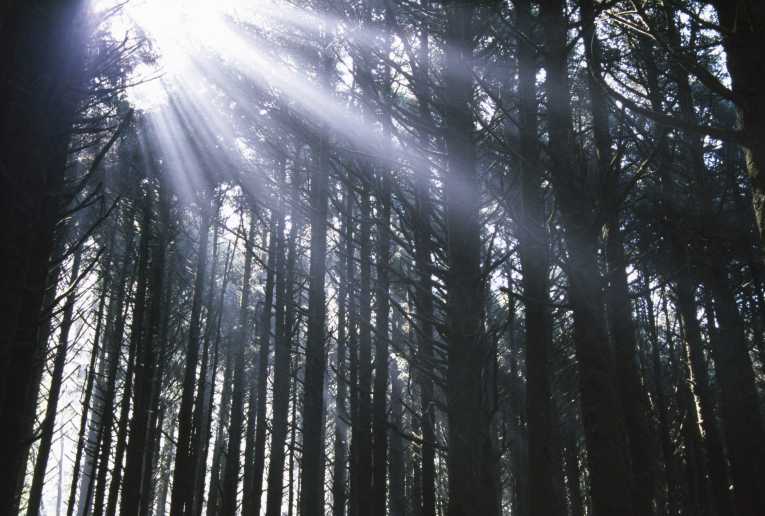Wildlife pressure group WWF has warned that more than 230 million hectares of forest could disappear by 2050.
The Living Forests Report argues that policymakers and businesses should unite around a goal of zero net deforestation and forest degradation by 2020.
Mark Wright, WWF-UK's conservation science advisor, said: ''Real action needs to be taken now. We are squandering to the detriment not only of nature but also of business and the communities that live there.''
WWF wants to see forestry companies join the organisation's Global Forest and Trade Network, and also to see other business sectors support increasing certification global commodities, such as timber and palm oil, by 2020.
To support the idea of co-operation, the organisation cites Borneo as an example of the potential, saying that more than 40% of the island's forests are under concession to the private sector, with 23% (6 million hectares) under management by the forestry industry.
WWF points to the dangers of lost forest, including increasing climate changes because trees absorb the greenhouse gas carbon dioxide, the loss of valuable wildlife habitats and increasing soil instability as roots often hold hillsides together, preventing mud and land slides.
Mark Wright said: ''Better governance with policy and economic incentives will enable sound stewardship of forests and more productive use of already degraded land. This would ensure enough farming land, timber plantations and well-managed forests to meet current global demand for wood and food without further forest loss.''
WWF is one of the world's largest conservation organisations, with more than five million supporters and a global network active in more than 100 countries. Its mission is to stop the degradation of the earth's natural environment and to build a future in which humans live in harmony with nature.










